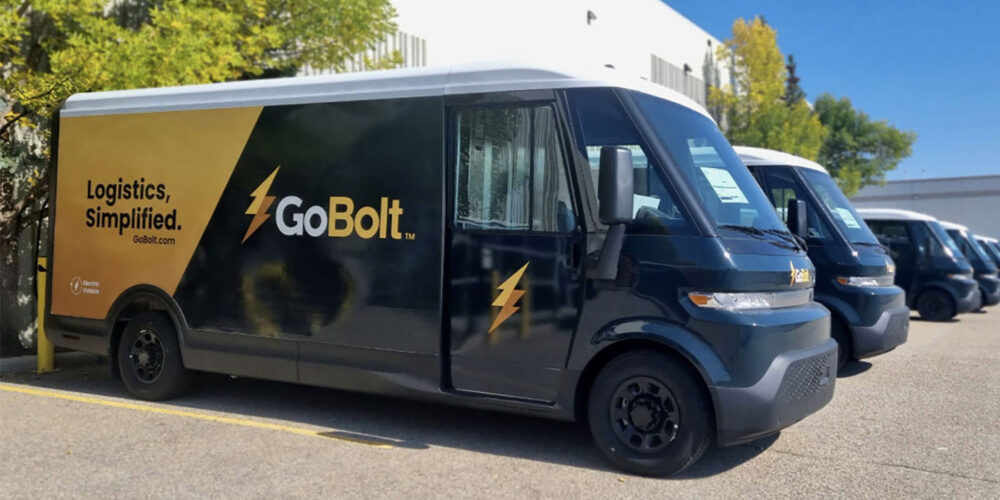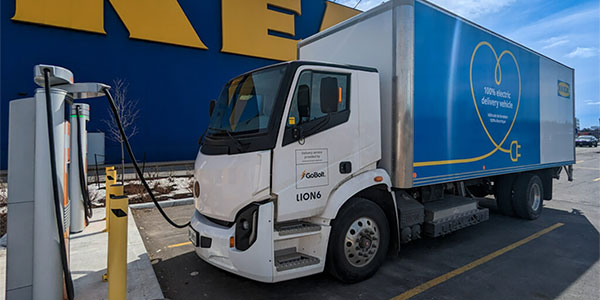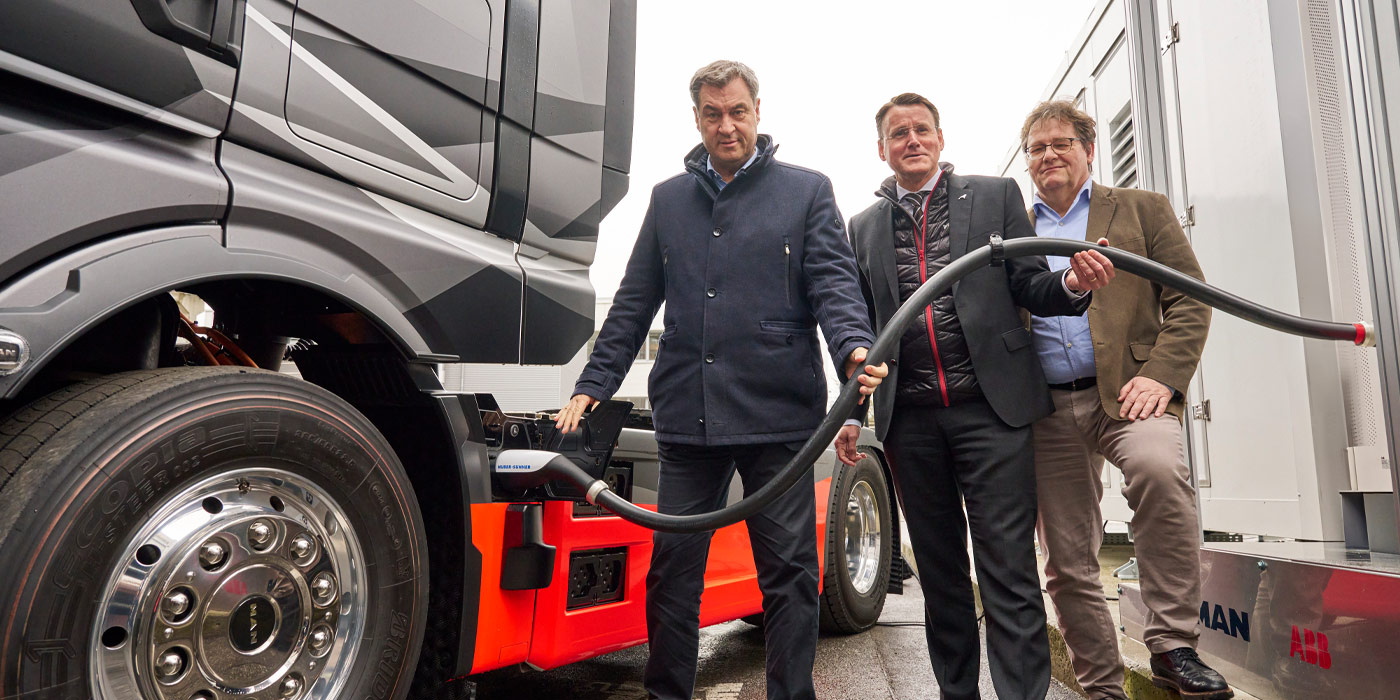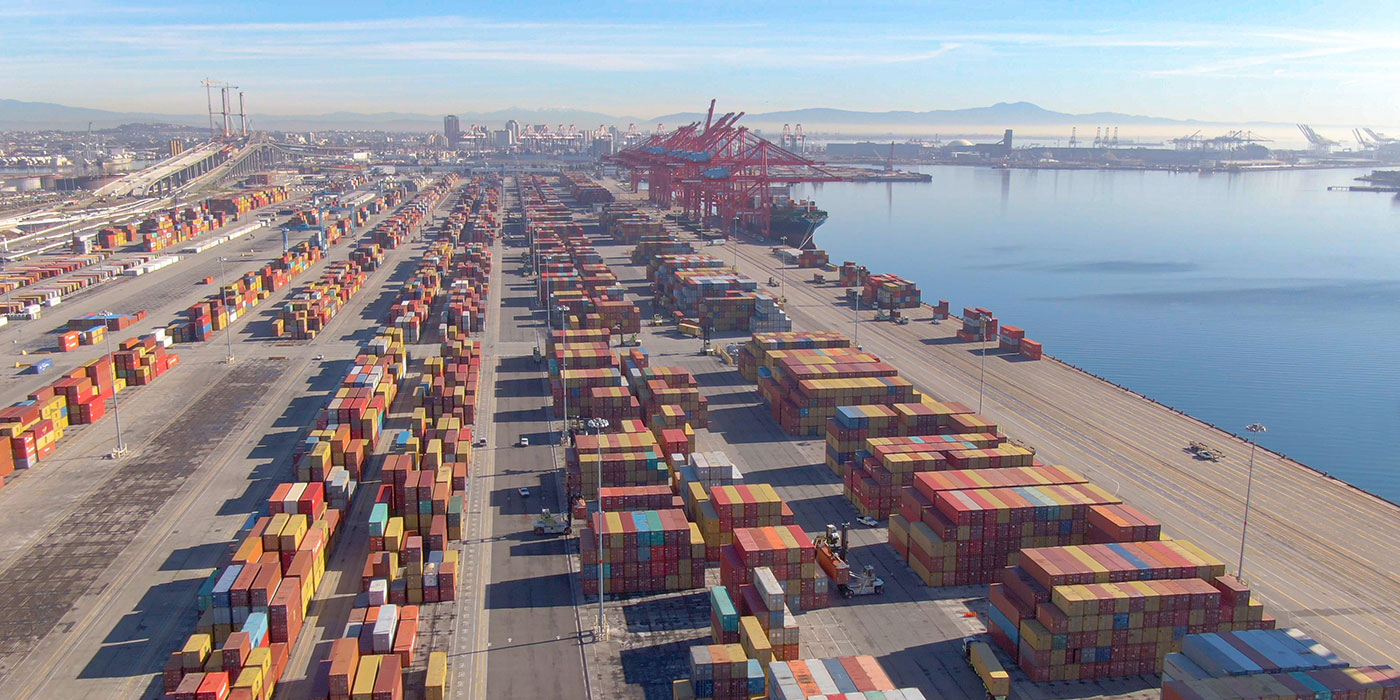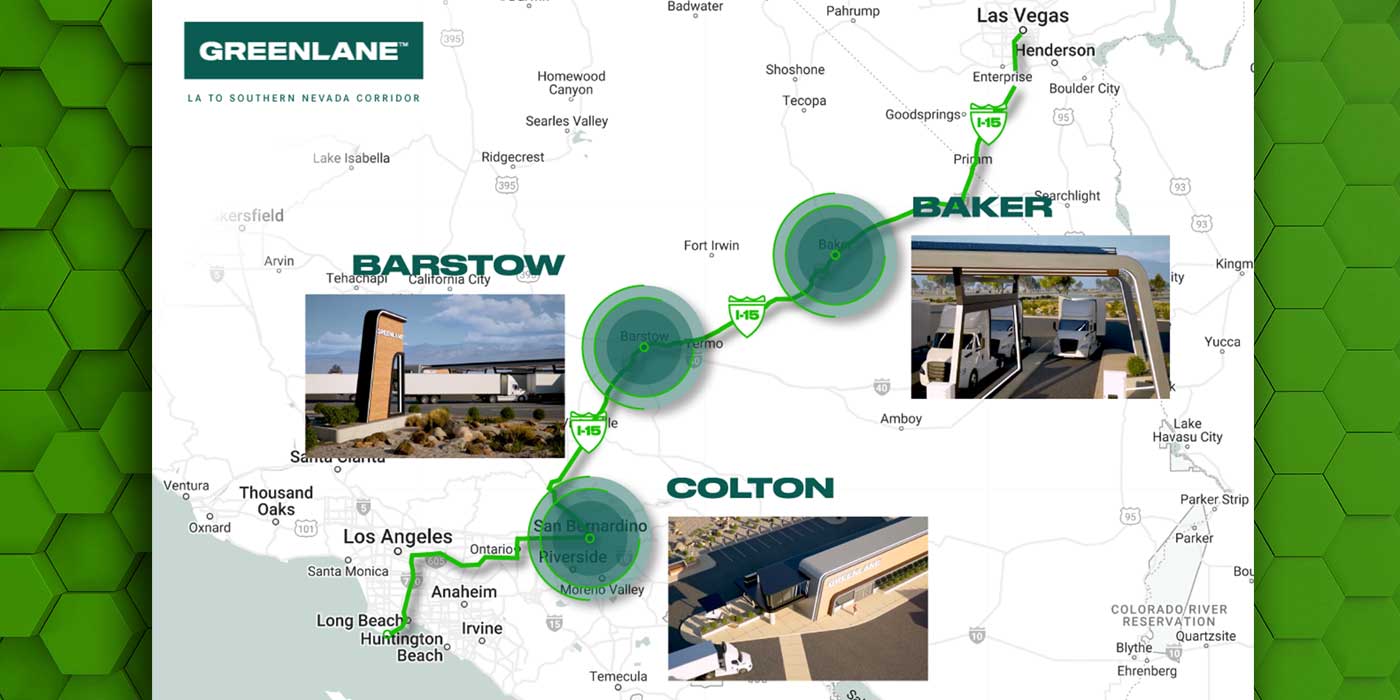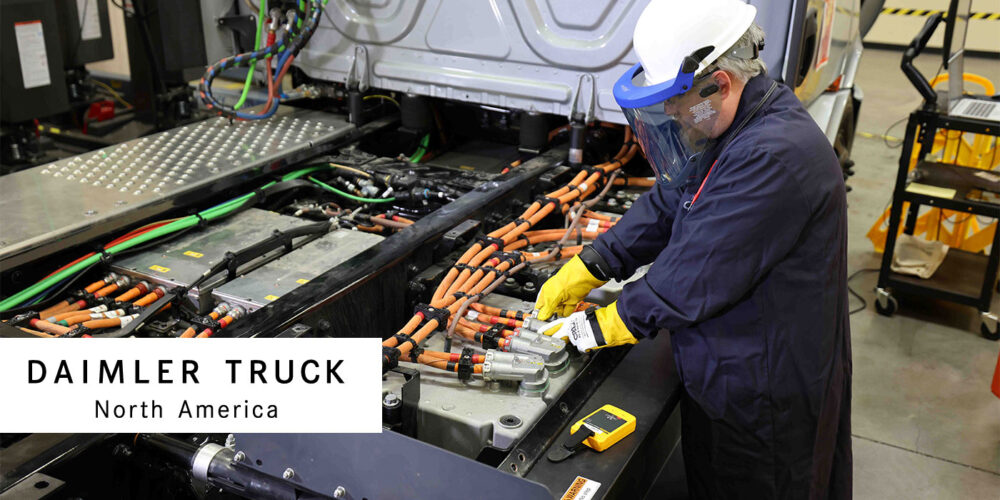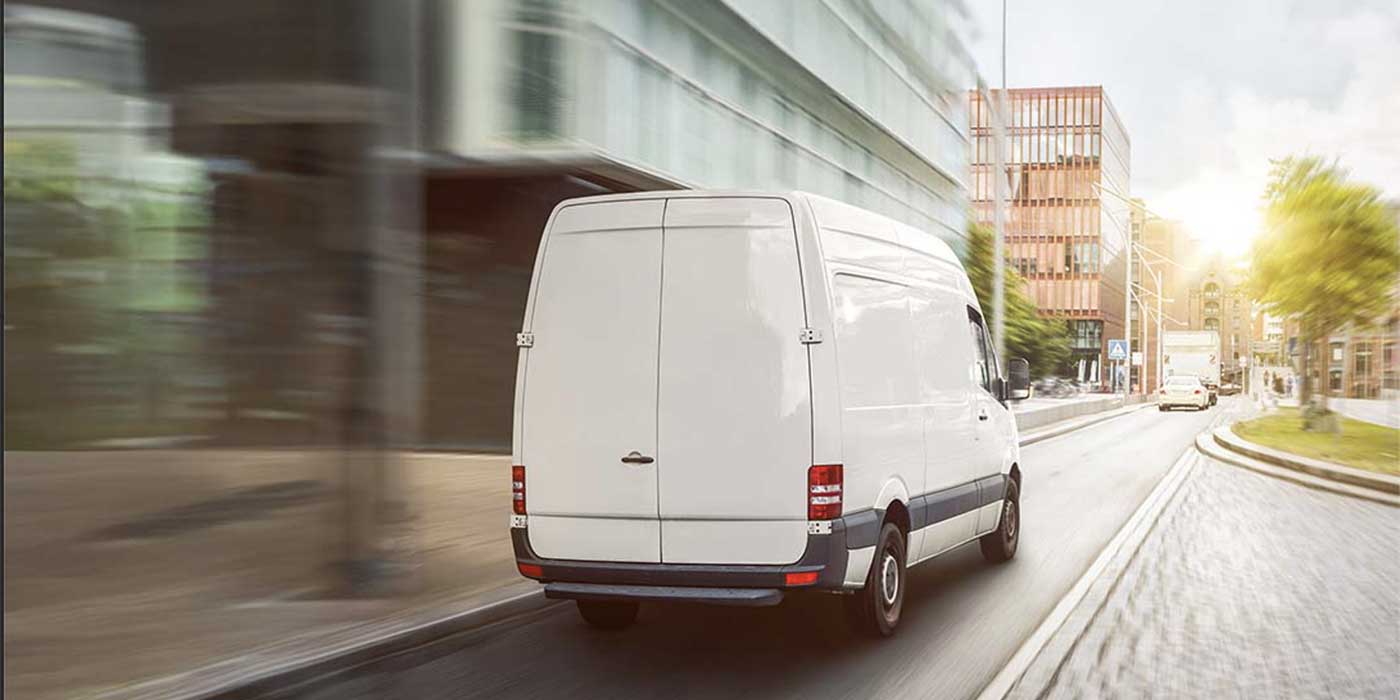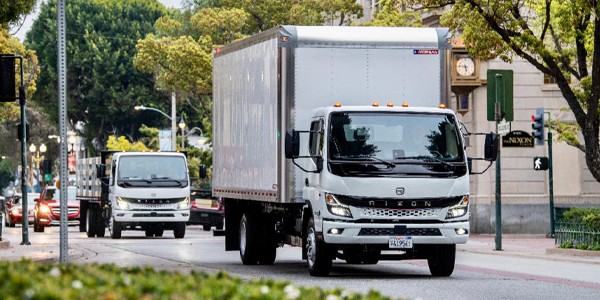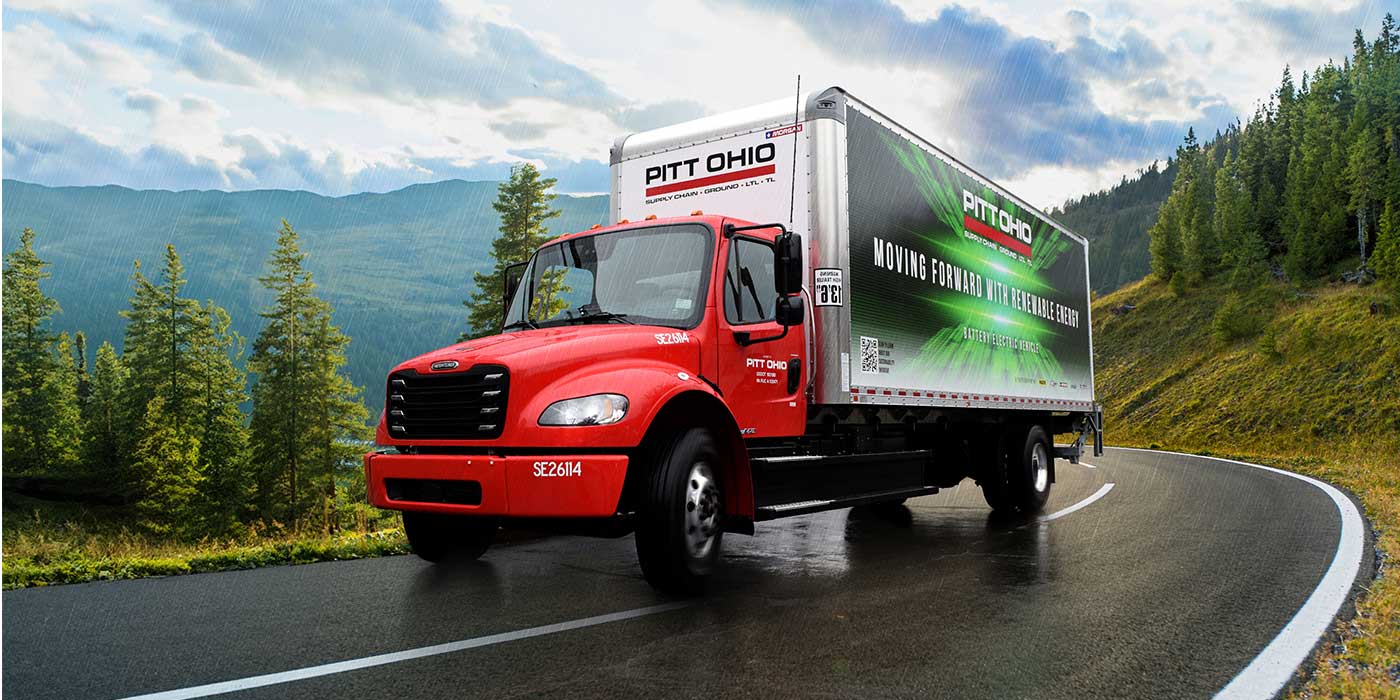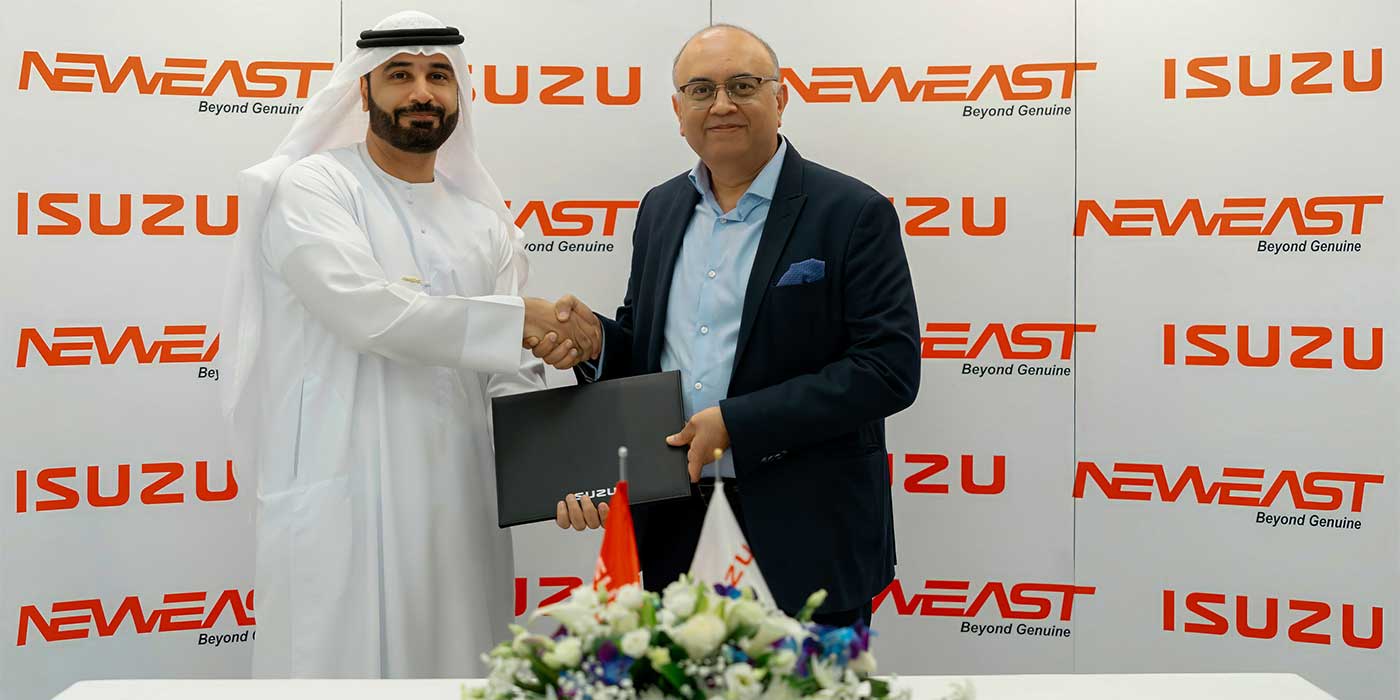By any measure, it was an ambitious goal for the time. “When we started GoBolt in 2017, we chose to chart a course with sustainability at the forefront,” said GoBolt Co-Founder and CEO Mark Ang. “Instead of going the traditional route with emissions-heavy operations and vehicles, we set a goal of providing carbon-neutral first-party deliveries by the end of 2023.”
Headquartered in Toronto, GoBolt provides warehousing, pick and pack, shipping, and last-mile delivery of small parcels, and heavy and hard-to-handle items like furniture or workout equipment.
“Logistics is one of the largest contributors to carbon emissions and harmful environmental impacts,” Ang said. “As GoBolt grows, our success has the potential to add to the problem, and that doesn’t sit well with us, so we’re doing something about it. Today, we’re focusing on and investing time, attention, and financial resources in EV deliveries.”
Growing its electric vehicle fleet is the company’s first step toward making deliveries carbon neutral. Going forward, Ang expects the adoption of EVs to become easier and to accelerate.
“Electric vehicles, particularly vans and trucks of all shapes and sizes, are going to become significantly less expensive,” Ang stated. “That will cause the adoption rate to surge because the return on investment will be faster.”
The growing EV fleet at GoBolt now includes more than 50 trucks. Among them are ten new Lion 6 models. The all-electric Class 6 commercial trucks produce 335 HP of maximum power and 1,800 lb./ft. of torque. They have a top speed of 65 MPH and a range up to 218 miles.
The 26,000-lb. GVWR Lion 6 models are built on a 212-inch wheelbase and have a 79-inch cabin length and 105-inch height in the cargo area. Spec options include Hendrickson air or spring suspensions and WABCO hydraulic or air disc brakes.
Also in operation are BrightDrop Zevo 600 models. The AWD walk-in vans are rated up to 11,000 lbs. GVWR on a 183-inch wheelbase. With an overall length of 290 inches, the trucks have 615 cu. ft. of cargo volume and a 1,460-lb. payload capacity.
Powered by the General Motors’ Ultium Battery Platform, the BrightDrop Zevo 600 has a 250-mile range and a maximum hourly charging rate of 170 miles. The trucks feature a wide range of standard safety features.
To further its fleet and operations sustainability efforts, GoBolt is leveraging data from EV systems. “We get easy access to metrics on telematics, battery level and degradation, average speed traveled, and the overall performance of the vehicle itself,” Ang explained. “We sync this information with our internal operating system, so we are able to learn about, and better understand, our drivers and vehicles.
“We can then assign drivers and routes based on payloads and vehicles,” Ang added. “The data also enables us to give our brand partners more insight into their deliveries, such as the distance traveled via EV and gas vehicles, and the emissions avoided or produced.”
Another effort underway is leveraging technology to ensure the most efficient route for deliveries.
“Route optimization is about finding the most efficient path for deliveries, but it’s not just about the shortest distance,” Ang said. “It’s a balance of minimizing travel time, reducing emissions and ensuring timely deliveries. Route planning also encompasses challenges related to unexpected road closures, unpredictable weather conditions and fluctuating shopper demands.
“Factors like these add layers of complexity to the route optimization process, requiring adaptable solutions capable of handling dynamic situations in real time,” Ang continued. “Our delivery software is powered by the concept of dynamic clusters, so it adapts in real time, considering variables such as historical travel time, expected shift lengths, vehicle range, battery degradation and vehicle capacity.”
By leveraging dynamic clusters, the impact at GoBolt has been measurable: With 12% higher route density, the company has realized a 13% reduction in vehicles on the road, and consequently, a significant cut in fuel consumption and emissions.
In cases where the use of electric vehicles is not yet possible, Ang noted, GoBolt uses a distance-based methodology to provide retailers with an accurate understanding of their emissions resulting from non-EV deliveries.
Taking that effort one step further, GoBolt is focused on sequestering its carbon emissions. Through a partnership with veritree, the company supports the global tree planting program, a verified nature restoration project. The veritree platform includes merchant-level dashboards where each of GoBolt’s last mile customers can view total trees planted, amounts of carbon sequestered and land reforested.
“While our primary focus is on fleet electrification, as we’ve grown our fleet and grappled with infrastructure limitations, we’ve realized not all deliveries can be electrified as fast as we’d like,” Ang stated. “That created a need to further reduce the emissions we couldn’t avoid. Developing a framework to measure emissions was the first step. The second step was partnering with a trusted organization like veritree that shares our passion for protecting the planet.
“Through a mix of fleet electrification and investment in nature-based solutions, all of GoBolt’s first-party last mile deliveries will be carbon neutral,” Ang said. “We’ve always known that as our company grew so would our carbon footprint, so we’ve made major investments in electric vehicles, our charging infrastructure, and how we think about network design.
“Sustainability is a key pillar of GoBolt’s culture and at the heart of the decisions we make, and those efforts are helping us reach our goal,” Ang added. “GoBolt is proud to have made a large investment to grow our fleet of electric vehicles in Canada and the United States.”

